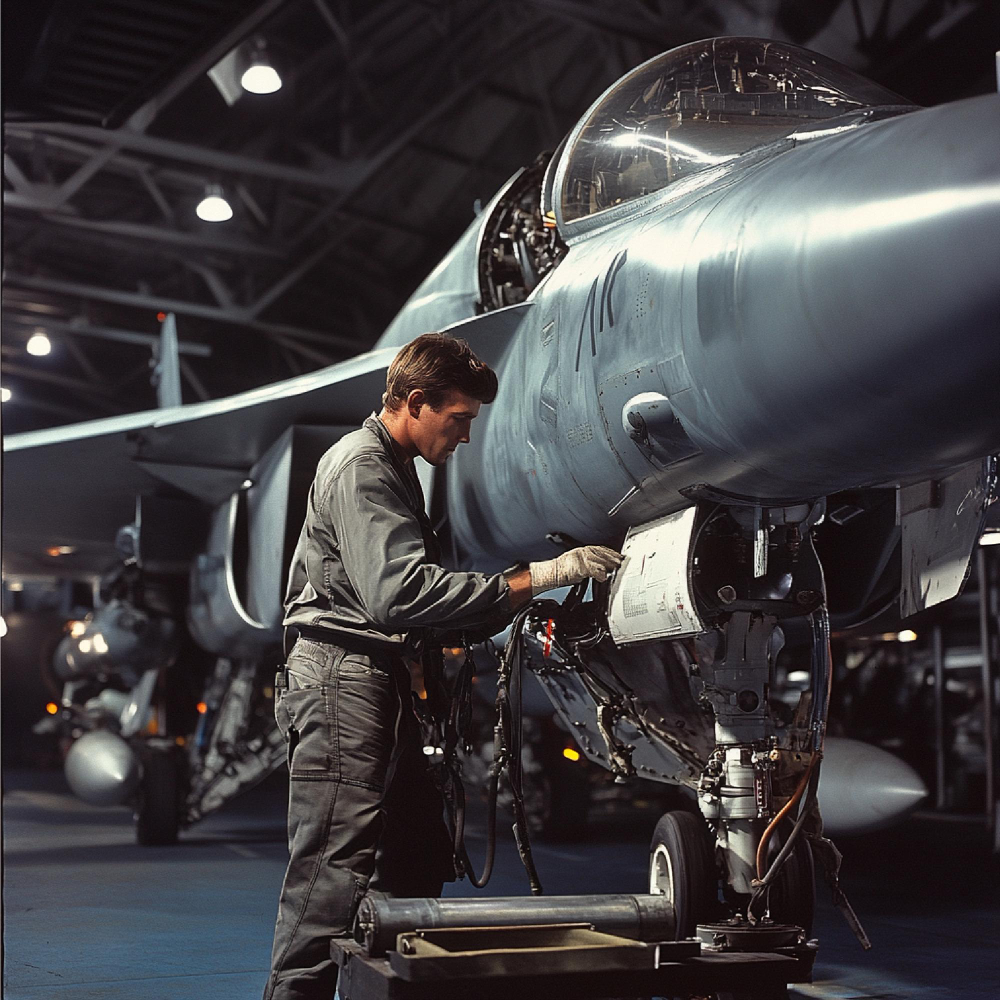The Importance of Regular Aircraft Maintenance & Safety Checks
Aircraft maintenance is a key element in aviation that ensures safety, reliability, and operational efficiency. There are thousands of flights flying daily all over the world. So maintenance and inspection at regular intervals are required to avoid technical issues and keeping aviation rules and regulations. Proper maintenance is absent, even a small mechanical problem detect it will result in catastrophic failure.At Jawaharlal Aviation Institute, Palakkad, Kerala, students are trained in Aircraft Maintenance Engineering (AME) to maintain and inspect aircraft, ensuring they meet the highest safety standards. Let’s explore why aircraft maintenance is essential and how it impacts the aviation industry.



